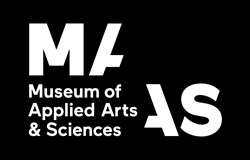When: Monday 12th November, 1:55pm – 3:25pm
Where: Theatre, Level 2 down the stairs to the right of the registration/foyer area
Hashtag: #M10
Mark will explore 3 of the biggest and most powerful social media platforms LinkedIn, YouTube and Facebook and how everyone in business these days should have a presence and be active everyday.
LinkedIn
– How to complete your profile 100% so its eye catching, position you as an expert in your field and gets found
– How to write your 1st LinkedIn Blog article and the winning formula to use over and over again.
– How and what to do every day on LinkedIn, with posting, sharing, liking and commenting.
– How to use LinkedIn to generate an endless supply of new opportunities.
YouTube
– How to setup and optimise multiple YouTube accounts
– How to record and upload interesting and engaging videos quickly and easily
– How to get your videos ranking on page 1 of YouTube by following a simple formula
– Learn the No 1 Ranking factor YouTube and Google are using to determine Page 1 ranking of videos
Facebook
– How to create a wow looking Facebook fan page that people will want to follow
– How, When and What to post to grow your page likes, increase engagement and benefit your cause,
– How to record and upload video content that Facebook likes while avoiding the mistakes that most people make.
– How to piggy back on the success of other Facebook pages to grow your audience even more
Session Producer
Mark Warncken, Social Media Trainer | Speaker | Expert – Helping Businesses Generate Leads & Sales Using Social Media. LinkedIn – YouTube – Facebook – Instagram – Twitter
